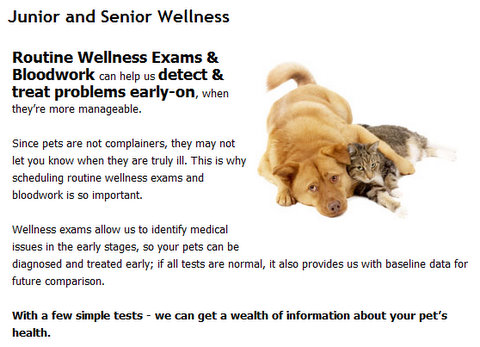We are currently carrying the vaccination for canine influenza and this vaccine is for the new strain of flu detected which is the H3N2 strain. The influenza vaccine is only for dogs and it must be given as a booster series of two vaccines three weeks apart, if never had it before. After the initial set of two boosters it can then be given once a year. The new strain of flu, H3N2, was discovered in 2015 and is thought to be a mutation of the previous strain of flu the H3N8.
There have been reports of this strain in Austin, Texas so we highly recommend starting all dogs on this vaccination, especially if they will come into contact with other dogs at boarding facilities, groomers and dog parks. This disease has sickened at least 2,000 dogs in 40 states since first discovered.
All dogs are susceptible to the disease since it is still emerging and there is no immunity to it as of yet. The vaccine is spread through contact with other dogs and is a highly contagious respiratory disease. This form of influenza is not transmittable to people, and our influenza is not transmittable to them. Symptoms of the influenza in dogs are coughing, lethargy, loss of appetite, and runny nose. Severe cases even may develop a fever. If your dog becomes sick make a veterinary appointment as soon as possible to begin treatment.
If you have any other questions about the canine influenza vaccine don’t hesitate to give us a call! We look forward to seeing your pet soon to begin the vaccination boosters, if we haven’t already began them.
Read this article put out by the AVMA regarding this virus strain. Click : Cainine Influenza
Geriatric or ‘Senior’ Screening
Many veterinarians are starting to recommend screening tests for our older pets. Just as we have our cholesterol and blood pressure checked more often as we grow older, it is suggested our older pets need some routine check up’s as well.
Diabetes mellitus, kidney disease, and some hormonal diseases occur much more frequently in older animals. To test for these conditions and identify them before severe and/or irreversible damage is done, blood tests and sometimes radiographs are helpful. An abnormal result means we can diagnose and treat the condition early. Normal results are helpful in giving us a baseline with which we can compare future results.
Many of our older animals are also on medications and may require tests to evaluate the medication level and/or potential harmful effects on various organs.
Oral health is also extremely important in our older pets, so they may require more frequent dental check-ups.




